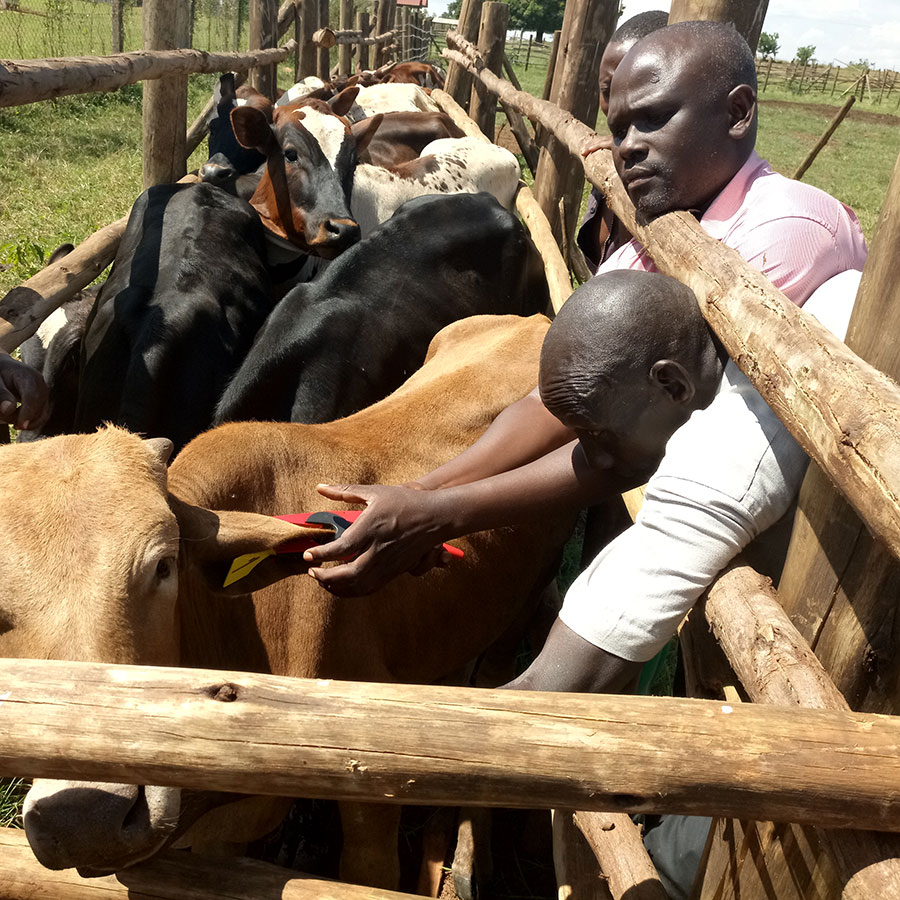The Anti-Tick Vaccine developed at Covab to address the problem of Ticks and Tick-Borne Diseases in livestock
Since her establishment in 1971, the College of Veterinary Medicine, Animal Resources and Biosecurity (CoVAB) has always prioritized being a number one contributor in addressing global health insecurities in both animals and humans.
Africa is currently experiencing the fastest rate of population growth globally while its agriculture and livestock production are amongst the least productive, and yet, the drastically increasing populations are highly dependent on livestock such as cattle, sheep, goats, and pigs among others for proteins. Ticks and tick-borne diseases are some of the challenges which are currently reported to affect livestock production.
It is therefore important to note that improving food security while safeguarding the health of animals presents an economic obstinate challenge. CoVAB has embarked on addressing this challenge through the development of the Anti-Tick Vaccine to avert tick-borne diseases in livestock.
The Anti- Tick Vaccine Project is championed by Prof. Margaret Saimo Kahwa, who is a researcher in the area of ticks and tick-borne diseases. It was a great pleasure to have the President of the Republic of Uganda, Gen. Yoweri Kaguta Museveni acknowledge this project during the recent Makerere University Agricultural Day and Exhibition which was held on 25th September 2019 in the University Freedom Square, when various research and innovations were showcased.
CoVAB scientists with support from government identified vaccine candidate proteins from the local ticks which they exploited to produce an anti-tick vaccine. The Anti- Tick Vaccine candidate proteins are simply injected in the animals. This invention therefore intends to solve the problem of ticks and avert tick borne diseases in livestock such as East Coast Fever among others.
The project further aims at developing an effective, affordable and safe anti-tick vaccine that will reduce acaricide use, and protect cattle from risk of acaricide resistant ticks, which will in turn encourage investment in the agricultural sector, increase food security, household income and a multiplier effect on export of livestock products.
PICTORIAL

Professor Margret Kahwa of the Anti- Tick Project showcasing to the President of Uganda Yoweri Kaguta Museveni the developed vaccine that kills all types of ticks during the Makerere University Agricultural Day and exhibition.

Dr. Kokas Ikwap (2nd), who is one of the project team members tagging the animals to be used in one of the Anti- Tick Vaccine Project field activities.







